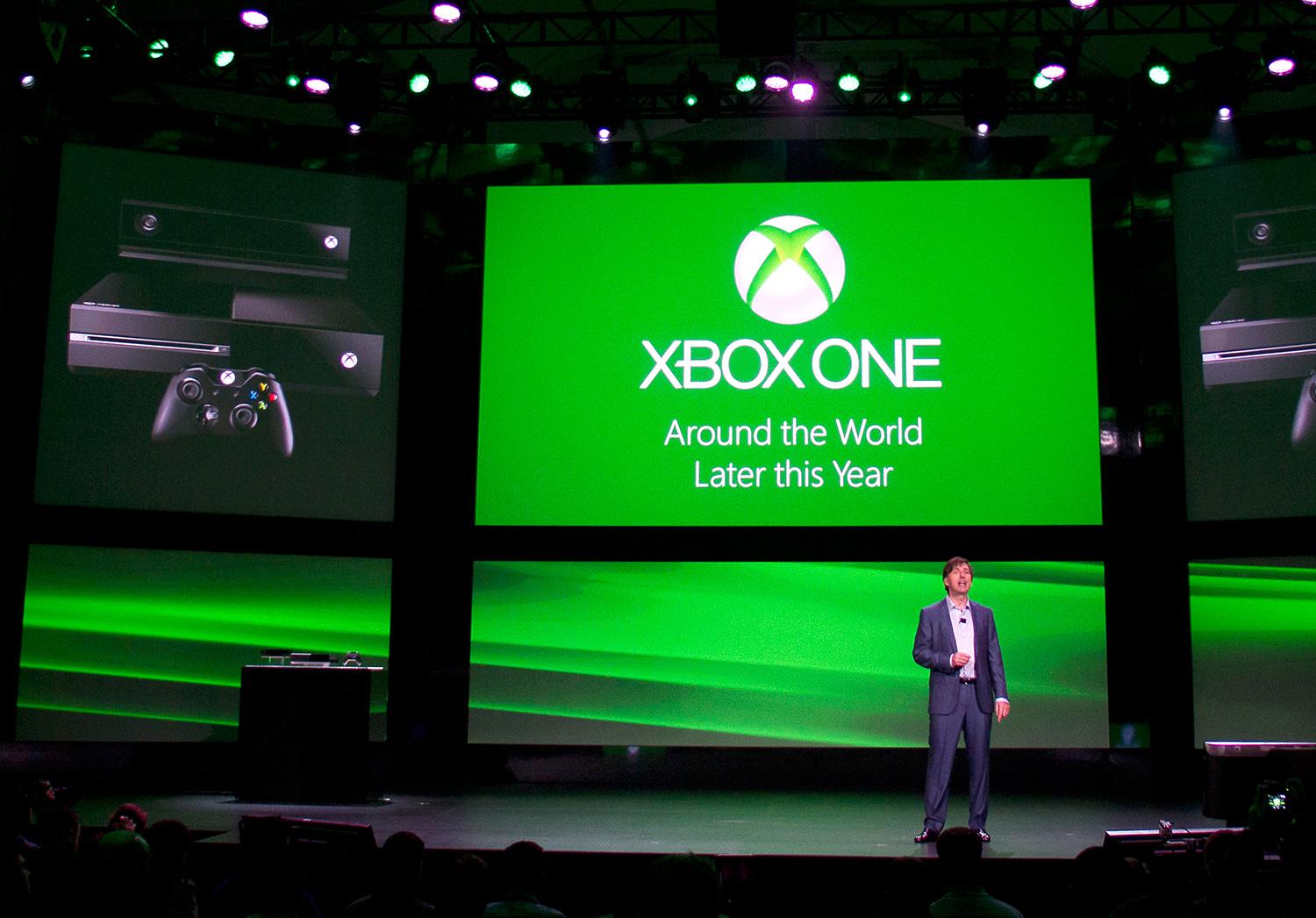Assuming that we still have home consoles being produced by these companies (or other companies) and are not all simply playing games on a computer through proprietary game streaming and cloud computing services, it will happen. (Picture services like Steam, but for Nintendo, Sony, and Microsoft. All offering to sell their games digitally and let you stream them. They will probably have a monthly service charge, and each company will probably produce a controller specifically for their service. But the base system will largely just be a computer. This is a likely scenereo for video gaming to occur. The death of the proprietary home console. I digress)
What people cannot forget is that Microsoft tried to get all of this Draconian shit on their console. They TRIED. It doesn't matter if they backpedal now, they still had every intention to fuck the gaming public up until and for weeks after unvieling their platform. They cannot ever be forgiven for this. The only reason they had to abandon these policies is because Sony was keeping their shit in check. They had their hands tied by forces outside their control and were forced to make these changes or bankrupt their gaming division.
 |
| We're Microsoft. We don't fuck the world, we..well, wait. Yeah. We do fuck the world. |
Sadly, this might just be inevitable. Assuming we don't go the streaming service PC route outlined above, the fact is that physical media is a dying notion. Physical media represents the right of the consumer. The right to call wht you have yours. To say, "I own this game." (Even though you don't technically own the rights and are just licensing it, for all practical reasons you 'own' your copy of the game.)
It represents the freedom to take the game with you, over to a friends house. To sell it. Trade it. Gift it. The ability to buy it used at a reduced rate when it isn't as popular or current. The ability to say "I have all of my data right here, right now. I only need my console, a TV, and my game to play. I do not need the Internet to play my game unless the company I bought it from is trying to fuck me."
But physical media is quickly becoming obsolete. First, data transfer rates are increasing rapidly. Look at Google Fiber. Whereas before, it was unthinkable to be expected to download a 6 gigabyte game and not have a physical retail copy available, the time when it is feasible and reasonable is fast approaching.
Second, you have two forks in the road with regard to game storage. On one hand, hard drives are getting bigger and cheaper. To the point where a drive could contain dozen of games, if not more. Most people would rather have their games on hard drive and easily accessable as opposed to toting around a bunch of discs/gamecards. Even future hologram discs that hold terabytes of data. The gaming market is aware of this and the technology is coming together. And on the other hand, the notion of storage itself is being challenged with the advent of streaming. It is possible for a computer cluster to host all of your games, then stream a broadcast of them directly to you. Think of what Netflix did to movies. Streaming will do the same to video games.
But with this technology, we find our rights as consumers stripped. When our games are all digital, we have no claim to what happens to them, except that they are consumed by us. Which is exactly what the companies want. Full control of every aspect of their games, they want to spoonfeed us the content on their terms as if we were infants.
Without physical media, you cannot trade. You cannot sell. You cannot borrow (without physically moving your console or sharing your account info, the latter of which is easy for companies to control). There will be no used games market. The only price for games will be whatever arbitrary price point the cmpany chooses to anchor to and sell at.
Streaming of course requires an always online connection. And by the time these consoles are released, it will be assumed that everyone has an online connection. So even traditional downloading of games and saving them to hard drive based consoles will enact an always online requirement to tackle DRM and ensure you are aways exposed to their storefront, and they can always monitor your activity and habits for marketing purposes.
And finally, the system itself. With always online systems, you will be forced to accept any update or EULA or policy change they throw at you, or you will be unable to use the service. And when the time has come for these services to be shut down, when keeping the servers up is no longer profitable, you will not even be able to play all of the games that you bought.
Even if they implement a system or patch right before the servers go down that let's you play all of your games offline, once that system's hardware fail, you're SOL. Working offline systems will be like relics. A Pandora's box of games only to be played until the hardware dies. Never to be played again unless someone years and years from then creates an emulator.
Can you see the dystopian hell that ineviably awaits us all?
No comments:
Post a Comment